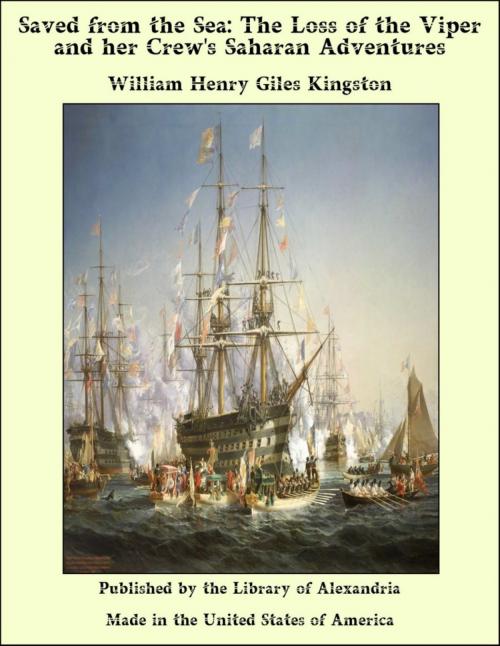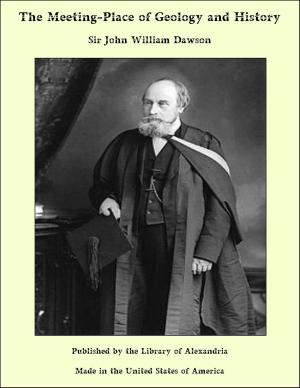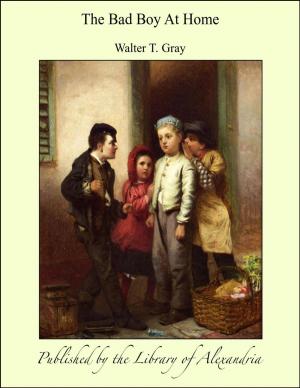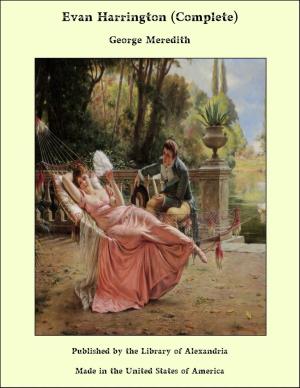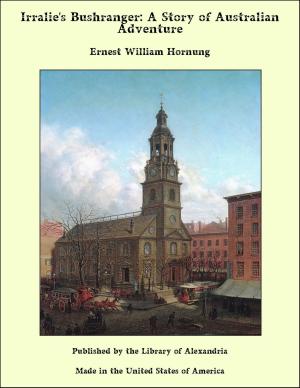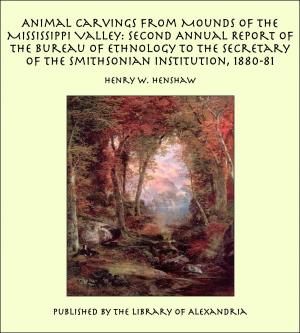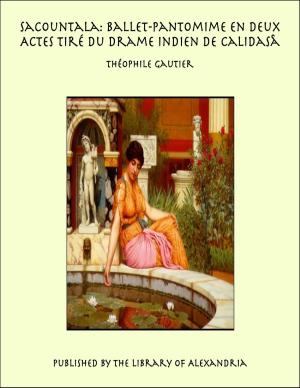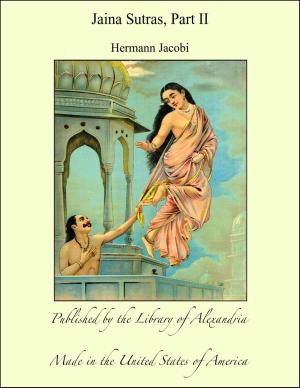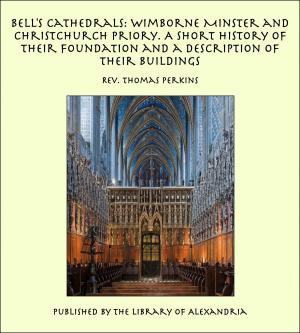Saved from the Sea: The Loss of the Viper and her Crew's Saharan Adventures
Nonfiction, Religion & Spirituality, New Age, History, Fiction & Literature| Author: | William Henry Giles Kingston | ISBN: | 9781465596277 |
| Publisher: | Library of Alexandria | Publication: | March 8, 2015 |
| Imprint: | Language: | English |
| Author: | William Henry Giles Kingston |
| ISBN: | 9781465596277 |
| Publisher: | Library of Alexandria |
| Publication: | March 8, 2015 |
| Imprint: | |
| Language: | English |
“Never throw away a piece of string, a screw, or a nail, or neglect an opportunity, when it offers, of gaining knowledge or learning how to do a thing,” my father used to say; and as I respected him, I followed his advice,—and have, through life, on many occasions had reason to be thankful that I did so. In the town near which we resided lived a tailor, Andrew Spurling by name. He was a remarkable man, though a mere botcher at his trade; for he could never manage to make his customers’ clothes fit their bodies. For fat men he invariably made tight coats, and for thin people loose ones. Few, therefore, except those who were indifferent on that point, went a second time to him for new ones. He repaired clothes, however, to perfection, and never refused to attempt renovating the most threadbare or tattered of garments. He had evidently mistaken his vocation; or rather, his friends had committed a great error when they made him a tailor. Yet perhaps he succeeded as well in it as he would have done at any handicraft. He possessed, in fact, a mind which might have raised him to a respectable, if not a high position, in the walks of literature or science. As it was, however, it was concentrated on one object—the acquisition of languages. Andrew had been sent to the grammar-school in our town, where he gained the rudiments of education, and a certain amount of Latin and Greek; and where he might, possibly, have become well-educated, had he not—his father dying insolvent—been taken from school, and, much to his grief, apprenticed to the trade he was now following.
“Never throw away a piece of string, a screw, or a nail, or neglect an opportunity, when it offers, of gaining knowledge or learning how to do a thing,” my father used to say; and as I respected him, I followed his advice,—and have, through life, on many occasions had reason to be thankful that I did so. In the town near which we resided lived a tailor, Andrew Spurling by name. He was a remarkable man, though a mere botcher at his trade; for he could never manage to make his customers’ clothes fit their bodies. For fat men he invariably made tight coats, and for thin people loose ones. Few, therefore, except those who were indifferent on that point, went a second time to him for new ones. He repaired clothes, however, to perfection, and never refused to attempt renovating the most threadbare or tattered of garments. He had evidently mistaken his vocation; or rather, his friends had committed a great error when they made him a tailor. Yet perhaps he succeeded as well in it as he would have done at any handicraft. He possessed, in fact, a mind which might have raised him to a respectable, if not a high position, in the walks of literature or science. As it was, however, it was concentrated on one object—the acquisition of languages. Andrew had been sent to the grammar-school in our town, where he gained the rudiments of education, and a certain amount of Latin and Greek; and where he might, possibly, have become well-educated, had he not—his father dying insolvent—been taken from school, and, much to his grief, apprenticed to the trade he was now following.
